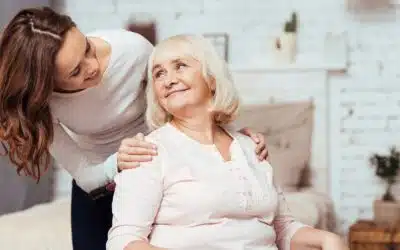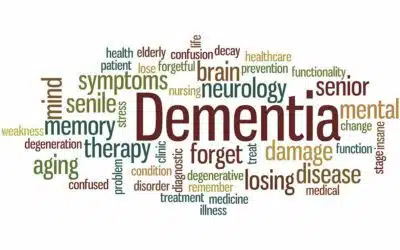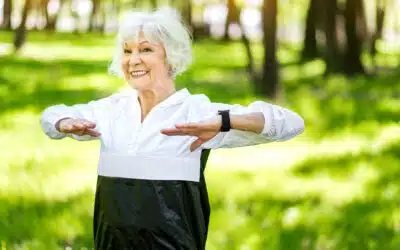May is National High Blood Pressure Education Month and if your senior has been avoiding anything to do with keeping her blood pressure under control, that needs to change. Understanding the different complications that can arise if she continues to avoid controlling...
Blog
Elder Care Offers Tremendous Benefits for Older Adults Experiencing Arthritis Pain
Here are a few facts to know for Arthritis Awareness Month. Very close to half of all U.S. adults 65 or older have arthritis that’s been diagnosed by a doctor. As not every older adult sees a doctor or admits to experiencing pain, it may be more than 49.6%. Of those...
What Can Home Health Care Attendants Offer That Personal Care Attendants Can’t?
You’re planning the care your mom needs after her brain cancer diagnosis. She needs surgery and will have an incision in her skull. After that, she will need weeks of physical therapy. She’s going to need someone to help her out with meals, transportation, personal...
How Can You Tell if a Senior with Dementia Is in Pain?
Depending on the extent of your senior’s dementia, she may not be able to let you know that she’s in pain. So, how can you tell? Make Sure You Know Her Health Issues Caregiver Manhattan, NY: Seniors and Dementia Pain The more familiar you are with your senior’s health...
4 Ways Family Caregivers Can Get The Nutrition They Need
March is National Nutrition Month and while it’s important for your senior loved ones to get good nutrition it’s also important for you as a family caregiver to make sure that you’re eating healthy and getting the nutrition you need. Caregiving can be physically and...
What Health Care Conditions Can Home Health Care Assist With?
Your mom’s health is changing as she gets older. She’s been diagnosed with a chronic health condition and needs support at home. Some of the most common chronic health conditions include cancer, heart failure, COPD, and stroke. What health care conditions can home...
Four Hot Breakfast Ideas for Your Senior
February is National Hot Breakfast Month, which makes perfect sense. Breakfast is the most important meal of the day, after all, and February mornings can be awfully cold, making a hot breakfast comforting as well as nourishing. The trick can be how you are going to...
How to Help a Senior With a Toothache
Maintaining a healthy mouth and teeth in an older adult may be tough since aging and certain health conditions might make them more susceptible to dental disorders. If you find that your parents can no longer get to the dentist for regular checkups because they can’t...
Health and Nutrition Information for Senior Citizens with Cancer
Are you taking care of your elderly loved one who has cancer? If you are, you may be dealing with many tough emotions. You may want to do everything you can to help them to feel better. One of the ways that you can do this is by focusing on improving their health and...
4 Ways To Help Seniors See Better
Throughout January seniors and their families will be paying more attention than ever to eye health. That’s because January is Eye Care Month and it’s the best time of the year to think about senior eye health. There are lots of things that seniors can do to help...








